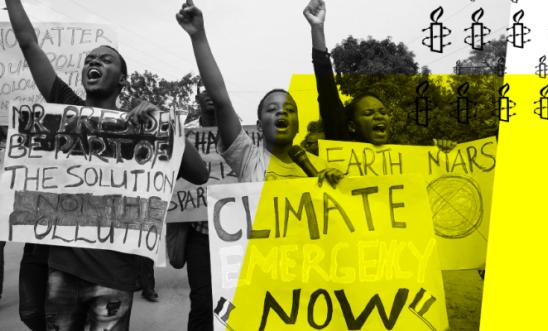
Education resources on Climate Change

Educational resources to help you explore why climate change is a human rights issue, and how human rights can be used as a tool to combat the climate crisis.
Online courses
Climate Justice - Futurelearn
Climate Justice - Human Rights Academy
Learn why climate change is a human rights issue, and how human rights can be used as a tool to combat the climate crisis. Take the Climate Justice course either on Futurelearn or the Human Rights Academy.
Our self-paced 5 hour course is designed for anyone wishing to explore the relationship between climate change and human rights. The course will help you to find solutions that address both global warming and human rights violations, learn why climate change is a human rights issue and understand the importance of being both an environmental and human rights activist
By connecting with like-minded participants around the world, you’ll become part of a vital global community that is dedicated to effectively dealing with these issues.
Energy Transition: Powering Change or Business as Usual?
In this short 45 minutes course on the Human Rights Academy, you will gain a foundational knowledge about the human rights implications associated with mining raw minerals in the Democratic Republic of the Congo. You will have the opportunity to reflect, engage and learn about ways they can take action. We hope that by the end of this course you will come away feeling inspired to critically look at the human rights implications associated with the energy transition.
In this self-paced course, you will explore the intersection of energy transition and human rights, focusing on key aspects such as:
1. Identifying key human rights issues related to the energy transition.
2. Understanding and describing the human rights violations associated with the mining of raw minerals in the Democratic Republic of the Congo.
3. Taking actionable steps to ensure that the energy transition away from fossil fuels respects and upholds human rights.
Throughout the course, you will encounter engaging videos, real-world examples, and thought-provoking activities that will deepen your understanding of the energy transition and its implications for human rights. By the end of the course, you will be equipped with the knowledge and skills to advocate for a sustainable and just energy transition.